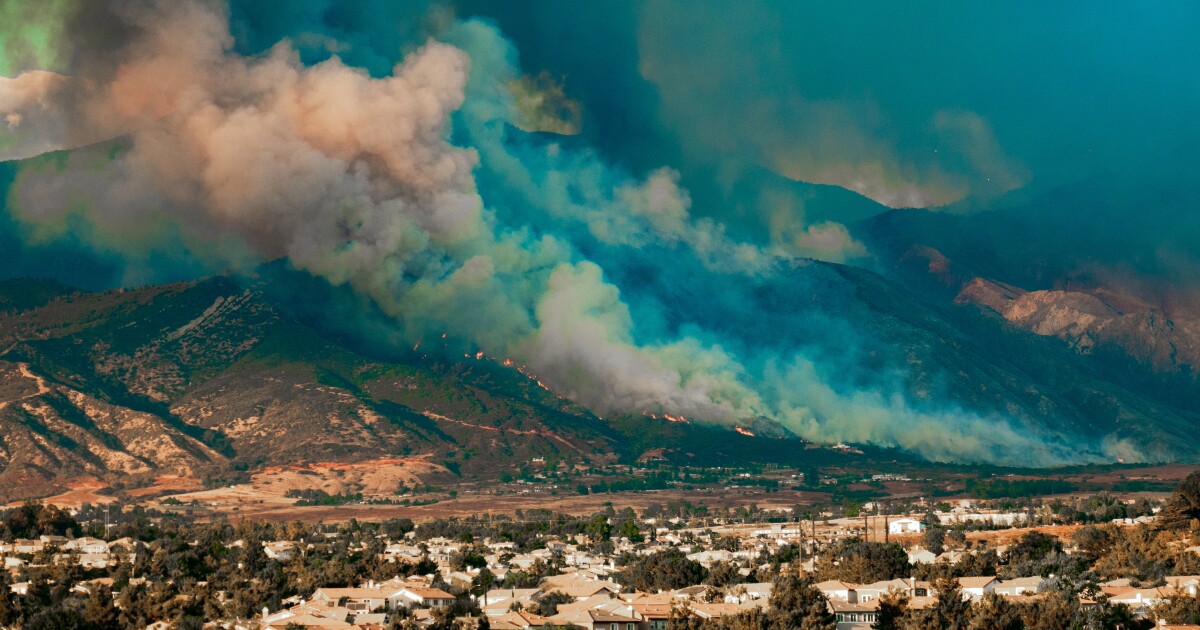
Four out of five prospective home buyers take into consideration how climate risks such as floods, wildfires and extreme temperatures can impact a property, according to a report published by Zillow Monday.
Growing disaster risks, illustrated by the recent wildfires in Hawaii and the abnormally high temperatures reported in Texas, will likely continue putting a strain on the housing industry.
Millennial and Gen Z shoppers, who currently make up 54% of all borrowers, are particularly concerned about climate change. However, home buyers aren't limiting themselves to properties that are considered safer from climate-related risks, the brokerage's report said.
"Climate risks impact where most prospective buyers shop for a home," said Manny Garcia, senior population scientist at Zillow, in a press release. "While all generations juggle trade-offs like budget, floor plans and commute times, younger home shoppers are more likely to face another consideration: They want to know if their home will be safe from rising waters, extreme temperatures and wildfires."
Home buyers in the West, where wildfires are frequent, report that climate risk is very or extremely impactful in their home search (59%). The next largest cohort to respond that way was located in the Northeast (50%).
A smaller share of borrowers in the Midwest (42%) and South (43%) said climate-related concerns had a big impact on their real estate journey. Zillow's study was fielded between April and July 2023 and surveyed nearly 12,000 prospective buyers.
Though disaster risk on average is impacting borrower attitudes, more than half of buyers aren't ready to pack their bags and move to a region that is less risky, the survey found.
On top of that, about 27% of those surveyed say they are considering homes in areas with even more risks.
A much smaller percentage of 23% of respondents reported they are considering homes in areas believed to be safer from dangers associated with climate disasters.
The findings coincide with another report published by Freddie Mac earlier in the year, which found that only two in five consumers said they would think about moving if severe weather events became more frequent.
In response to changing weather patterns, housing agencies like Fannie Mae have stepped up efforts to figure out how they might be able to use risk models to forecast and manage potential climate change-related damage.



